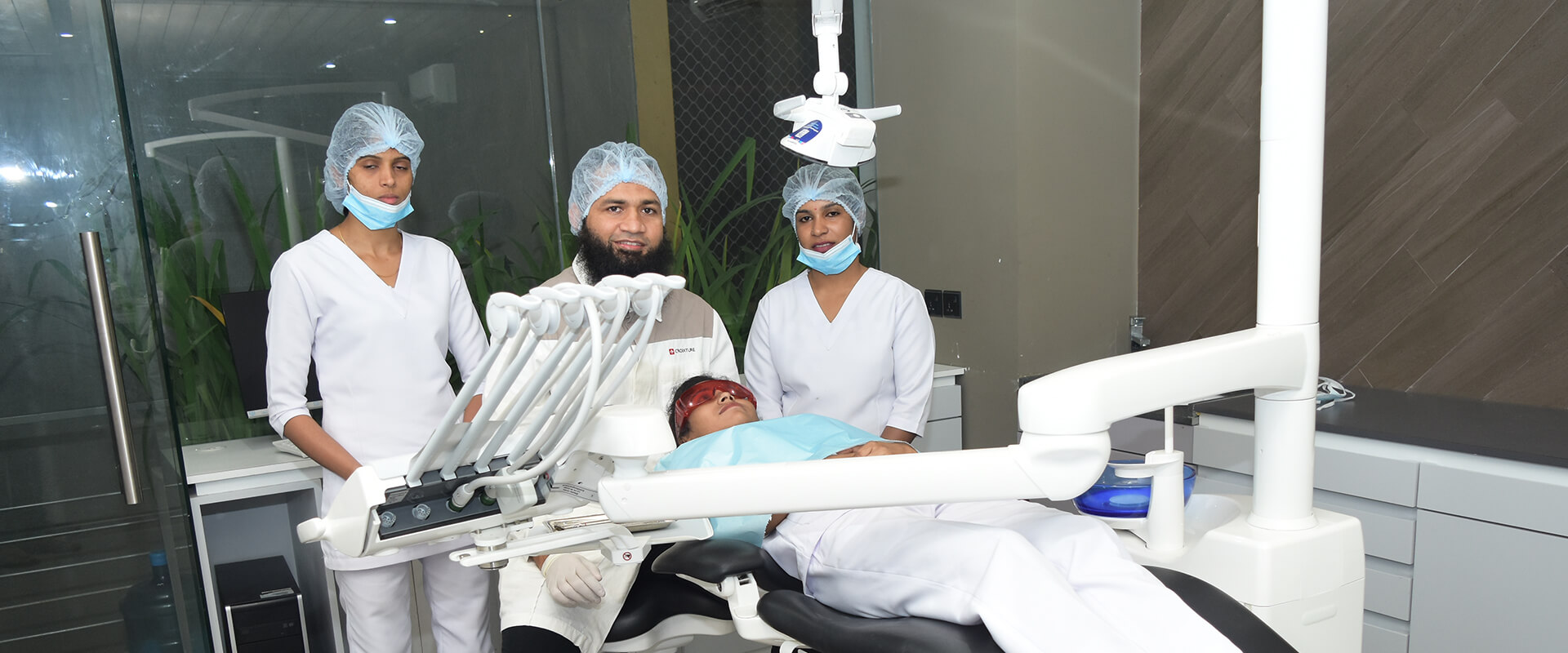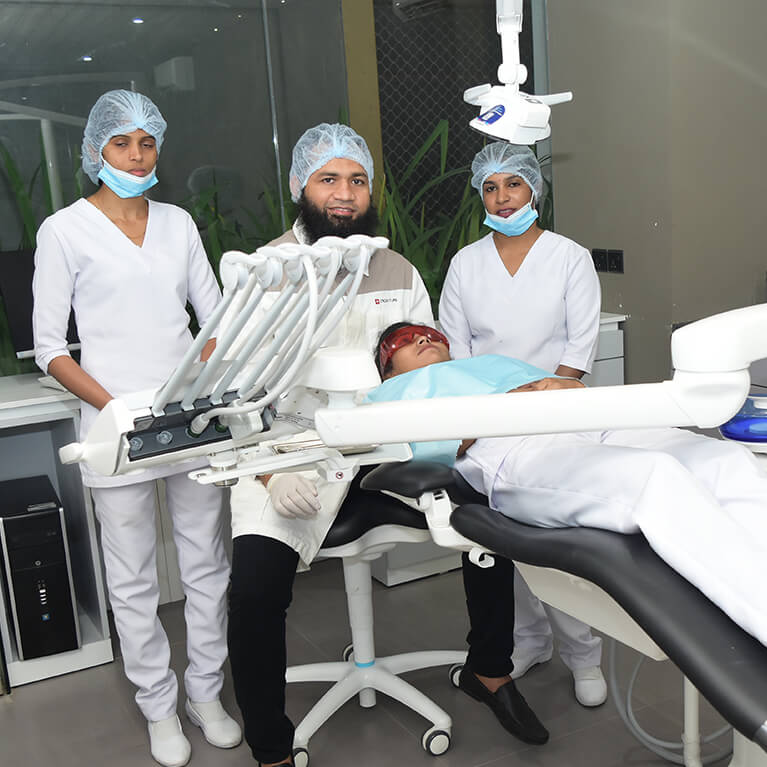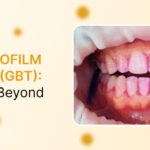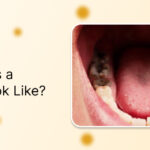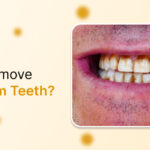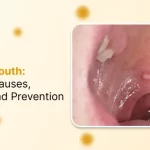How does improper dental care affect your lungs?
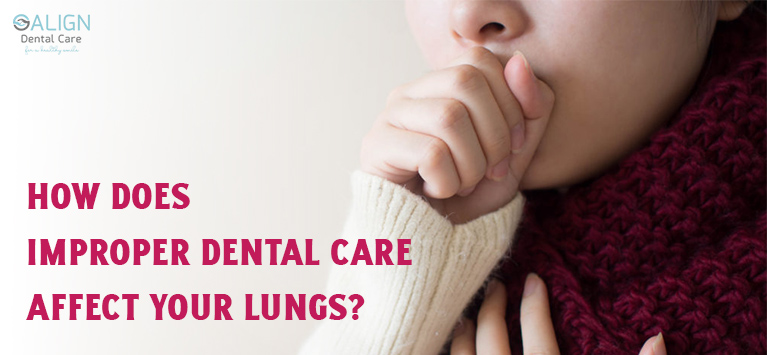
Lung infection is one of the common infectious conditions with which many people are affected around the world. When our respiratory system encounters a problem in its network of organs and tissues, it will tend to lung diseases like Asthma, COPD, Chronic bronchitis, Pneumonia, and even Tuberculosis.
Factors like air pollution, smoking, genes are the main causes of such respiratory illnesses. You might aware of the common causes.
Read More…Salivary Stones – Causes, Symptoms, Diagnosis & Treatments
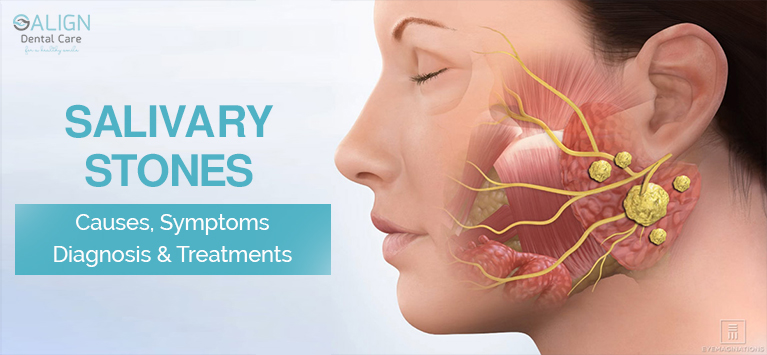
Salivary Stones are small solids formed with crystallized minerals developed in the tubes through which saliva flows. Such solid substances formed in the salivary glands are referred with various names viz salivary duct stones, salivary gland stones and salivary duct calculus. It is clinically termed as Sialoliths. Such blockage in salivary glands prevents saliva flow into our mouth.
Middle-aged adults especially men are highly susceptible to salivary stones.
Read More…Tobacco effects on your oral health
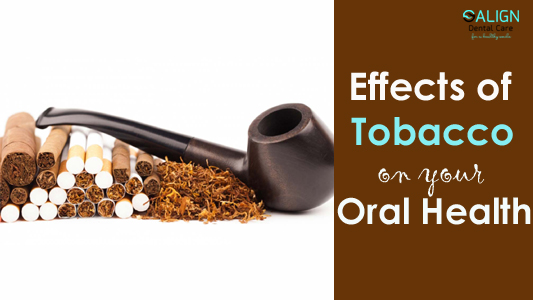
Persons who keep consuming tobacco develop many fatal diseases. No matter whether you smoke, chew or sniff tobacco, the substances present in tobacco products will penetrate deeper inside your body. It provokes a plethora of ongoing complications like stroke, heart attack, Type 2 Diabetes, Pneumonia and much more. Many people have written about this and you might also aware of how this habit ruins our health.
As the oral cavity is constantly exposed to tobacco products while ingesting, the mouth is the primary victim of tobacco. Except oral cancer, many people don’t realize the havoc of tobacco on our dental health which has been addressed in this article.
Read More…6 Harmful effects of eating without teeth
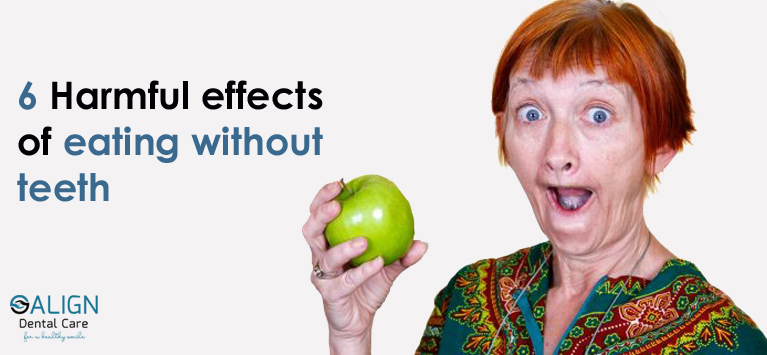
Apart from the social embarrassment, speech impediment and cosmetic flaws, missing teeth will cause many long-term irreversible damages to your health if you prefer eating with no teeth.
Few people feel convenient in eating with missing teeth or without appliances like dentures. Despite they become familiar with this practice, it will become detrimental to their mouth and health over time. This article deals with the harmful consequences of eating up without teeth.
Read More…Common diseases that cause tooth decay
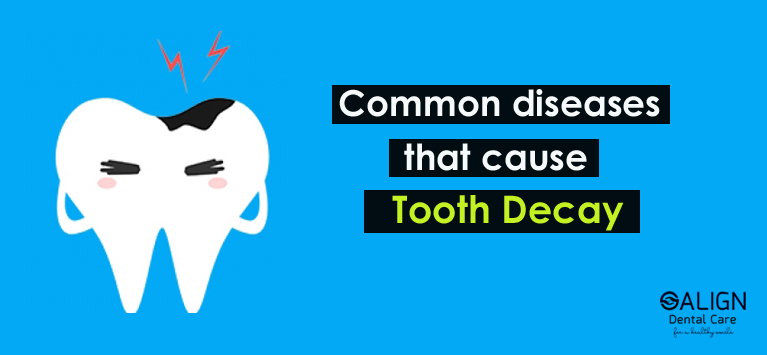
You might be wondered when your dentist asked about your lifestyle and day to day activities while treating a decayed tooth. Tooth decay is not just a common oral problem that occurred with bacterial invasion on your teeth. Such dental caries can also be stimulated because of existing disorders or abnormal health conditions. It means cavities can happen with much more than poor oral care and food items you take. It is because the dentists are looking for your medical history to pinpoint the root cause of cavities at times.
Read More…What are the common tongue problems and Why do they occur?
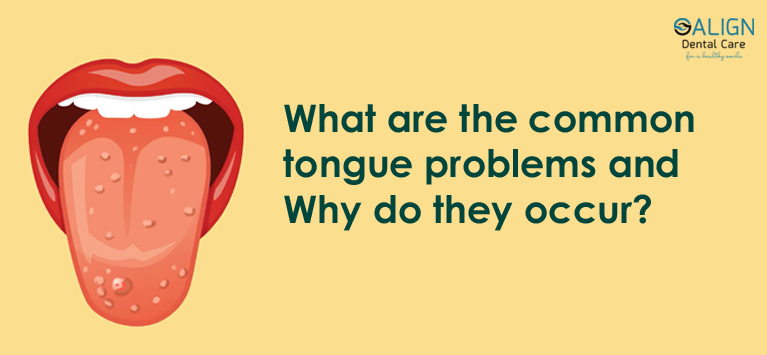
The tongue is a muscular organ with no intrinsic bones and it is covered with lingual membranes. The upper surface of the tongue contains small bumps called Papillae that give the tongue its rough texture. The taste buds also present between the small nodules present over the surface and base of the tongue. Apart from sensing the taste of a dish and communication, the tongue plays a crucial role in breathing as well. Moreover, tongue aids in maintaining the shape of our mouth and face.
Read More…Harmful effects of chronic cheek biting
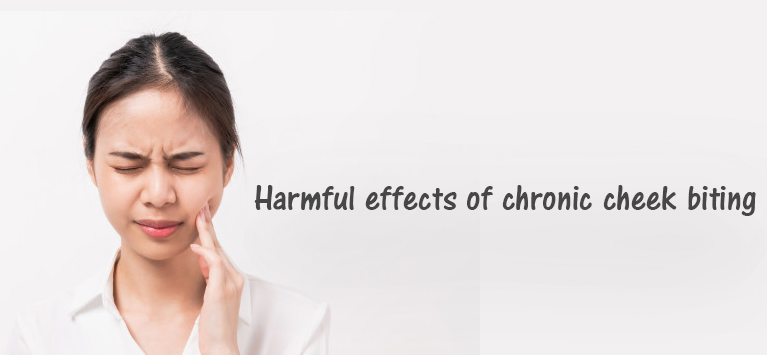
People bite their cheeks for many reasons, maybe because of mental health conditions or minor accidents.
Chewing carelessly or talking while consuming foods can often result in cheek biting accidentally and cause inflammation or injury in the area of the bite.
Regular cheek biting that occurs accidentally must need to be discussed with a dentist. Misaligned teeth or dental implants is also a problem of cheek biting symptoms.
Some people bite their cheek during the night. This is a critical problem that requires proper medical attention.
This type of disorder is called body-focused repetitive disorders. Some of the other problems which are related to this disorder are nail-biting, lip biting, and hair-pulling.
Causes
Research says it may occur due to genetic factors. On the other hand, further research is going on to find a particular gene that plays a role in body-focused repetitive behavior disorder. If the research is successful, it will be easy to diagnose and treat these problems in the future.
Some of the other factors that include emotions, environmental factors, and stress.
Cheek biting types:
Periodic accidental cheek biting
If you accidentally bite your cheek occasionally it causes canker sores, it is not a big problem.
Regular accidental cheek biting
If the accidental bite occurs regularly, your teeth may be improperly aligned or maybe some problem with your jaw. You must seek dentist advice, and he may suggest dental braces.
Cheek biting while sleeping
If you bite your cheek while sleeping, your dentist may prefer a soft guard to avoid direct contact of teeth with the cheek.
Habitual cheek biting
This is a semiconscious activity and can be replaced with some other less damaging behavior.
BFRD(Body-focused repetitive disorder)
This is excessive biting of the cheek, which goes on even after efforts to prevent.
Complications
Biting cheek repeatedly causes the area of bite to become scarred, paler, and thick than the tissues around them. The affected areas may get inflamed sometimes with purple spots.
Irregular cheek lining makes the person’s desire to biting continuously in the spot to create a smooth surface.
Some severe cases of cheeks may be found with eroded tissue.
Some people stop participating in social activities to avoid others who observe their behaviors. This creates shyness, less self-esteem, and makes them feel ashamed of themselves.
How to stop?
Regular cheek biting needs dentists’ advice to check whether the implants are properly fixed or teeth are aligned properly. A mouthguard will be prescribed by the dentist if necessary or to wait until the tissue gets completely healed.
-Some simple techniques which worked fine for some peoples include:
-Sugarless chewing gum to replace cheek biting.
-Taking an immediate deep breath when the thought of biting cheek arises.
-Finding how you get this habit and replacing it with alternative solutions.
-Other therapies include
-CBT – Cognitive behavioral therapy
-Commitment and acceptance therapy
-Habit reversal training
-Reducing stress levels
-Hypnosis
-Meditation
-DBT – Dialectical behavioral therapy
-Comprehensive behavioral treatment
-Medications
Once you identify the consequences of cheek bite, you can know how to effectively address the behavior, whether you are visiting a dentist, seeing a psychologist, or starting a self-directed plan.
Different types of mouthguards for sports person
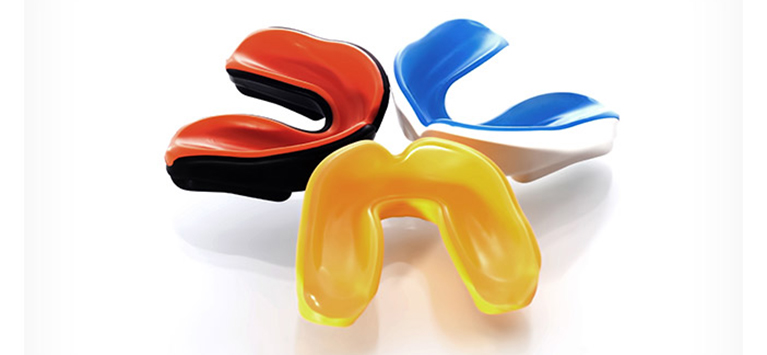
A mouthguard (mouth protector) is a flexible custom fitted device worn over teeth during athletic and recreational activities to protect them from damage. A good-fitting mouth guard may be especially important if you wear braces, have fixed anterior bridgework or just want to protect your teeth/smile from potential trauma. Mouthguards can buffer damage to the teeth, the brackets and/or other fixed appliances from blows and physical contact. Mouthguards can also act as a barrier between teeth/braces and the cheeks, between the lips and tongue, thereby limiting the risk of soft tissue damage.
Read More…Dental procedures to repair a broken tooth
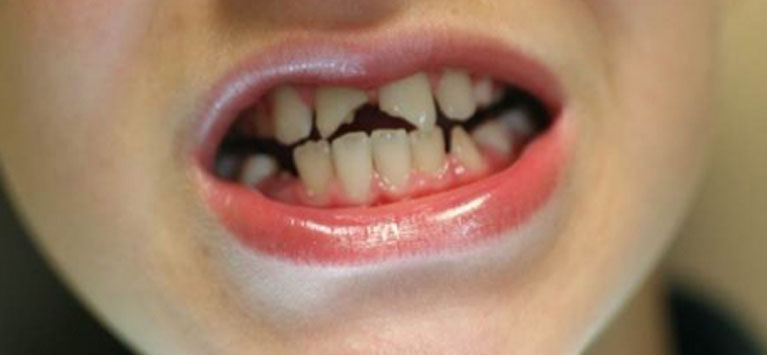
A broken tooth is considered nothing less than a type of trauma as it stops you from smiling and shatters confidence. Teeth cracks and breaks represent a significant number of dental visits. The treatment you require depends on various factors, such as the degree of the crack and the location of the tooth, the tooth’s specific history of treatment, and the presence of decay and infection. Most dental cracks and chips are superficial and easily remedied, but serious fractures and breaks require more intensive restoration or possibly extraction.
Read More…Hidden risks associated with an untreated chipped tooth

Though teeth are strong in nature, they get broken when they get in contact with any hard substance, or when the tooth is hardly got hit somewhere. It may turn as a severe crack or a lesser chip on the edge of the tooth. This weakens the teeth and opens the nerve. A chipped tooth can be treated at the dental clinic and there is no way to treat the chipped tooth at home. If it is left untreated it may lead to some hidden risks to your health.
Read More…




